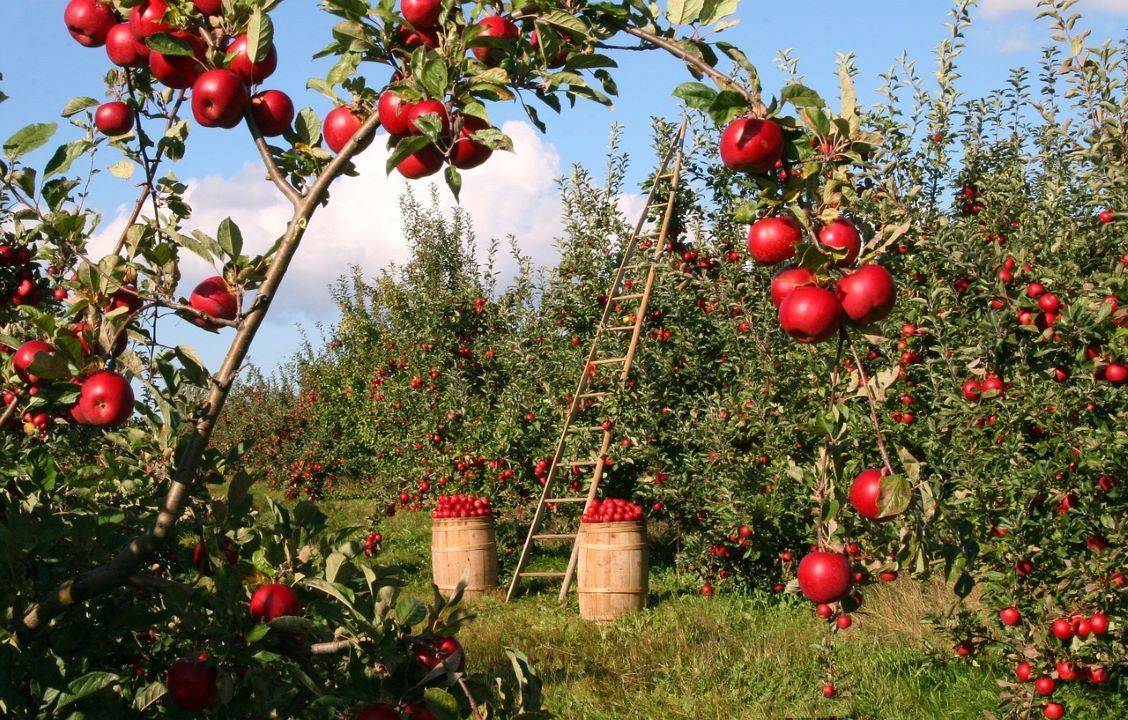
A significant development has taken place in Jammu and Kashmir (J&K) that brings great relief to apple growers in the region. The central government has recently introduced the Minimum Import Price (MIP) for apples, a move that has been widely celebrated by local farmers. This decision aims to protect their interests by preventing tax-free imports of apples from other countries, ensuring a level playing field for the local apple industry.
Jammu and Kashmir, known for its breathtaking landscapes and fertile land, has been a prominent hub for apple cultivation for many decades. The region contributes significantly to India's apple crop and plays a vital role in the economy of J&K. In 2019, Kashmir alone produced a staggering 1.9 million metric tons of apples, the highest in the country.
Despite the region's success in apple production, local growers have faced numerous challenges in recent years due to the influx of tax-free apples from foreign countries. This unfair competition has adversely affected their livelihoods. The absence of import taxes on foreign apples created an uneven playing field for J&K apple growers, who had to bear additional expenses such as transportation, packaging, and cold storage. As a result, their profits declined, making it increasingly difficult to compete with the imported produce flooding the market at lower prices.
This situation not only threatened the sustainability of the apple industry but also jeopardized the livelihoods of thousands of farmers who depend on apple cultivation as their primary source of income. Recognizing the plight of J&K apple growers and the need to protect their interests, the central government has taken a proactive step by introducing the Minimum Import Price (MIP) for apples. By imposing import taxes, the government aims to discourage the influx of foreign apples and provide a fair market for the produce grown by J&K farmers.
According to the policy, any apple costing less than Rs 50 per kg cannot be imported, effectively leveling the playing field for local farmers and providing a much-needed boost to the local apple industry. The introduction of MIP brings several benefits to the apple growers of J&K. Firstly, it will help stabilize apple prices in the local market by reducing the oversupply of cheap imported apples. This stability will enable local farmers to fetch better prices for their produce, thereby improving their profitability and income.
Additionally, the MIP will boost the overall morale of the apple farming community, as they will no longer have to fear losing their market share to imported apples that enjoy an unfair price advantage. The news of the government's decision to implement the MIP has been met with widespread relief and optimism among J&K apple growers. They have expressed their gratitude to the authorities for heeding their pleas and taking action to safeguard their industry.
Representatives of different fruit growers' associations, including the All Kashmir Fruit Growers Dealers, the Jammu and Kashmir Fruit and Vegetable Processing and Integrated Cold Chain Association (JKPICCA), and the JK Fruit Association, have welcomed the decision. They have expressed hope that this kind of measure will be a stepping stone towards further support and development of the Apple industry.
While the introduction of MIP is undoubtedly a positive development, some farmers highlight the importance of continued government support for the apple industry in Jammu and Kashmir. They emphasize the need to enhance infrastructure, including storage facilities and transportation networks, to minimize post-harvest losses and facilitate the smooth movement of apples from farms to markets. Furthermore, providing access to affordable credit and promoting agricultural best practices will further strengthen the resilience of local apple growers.









